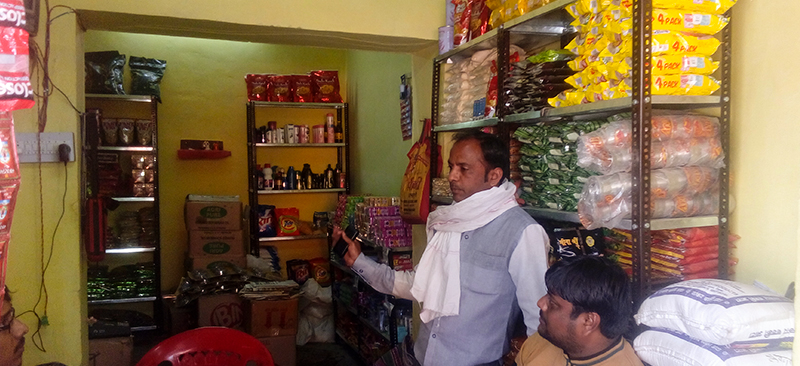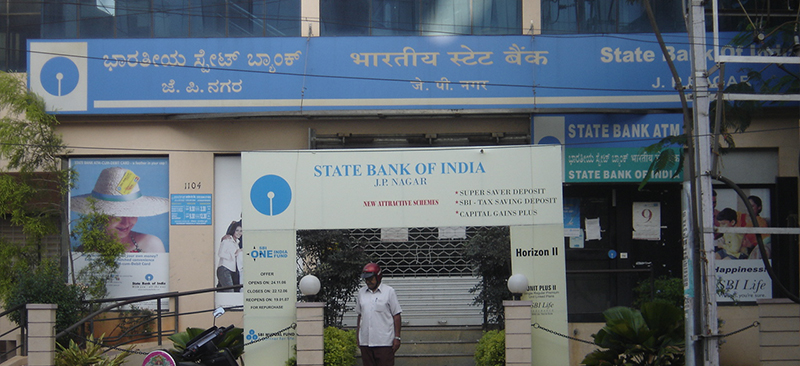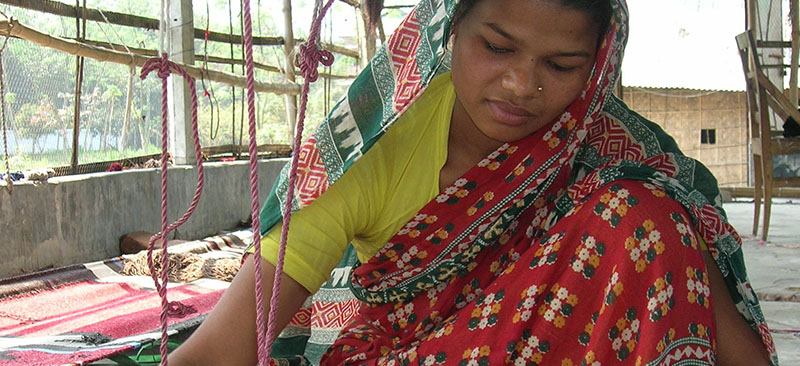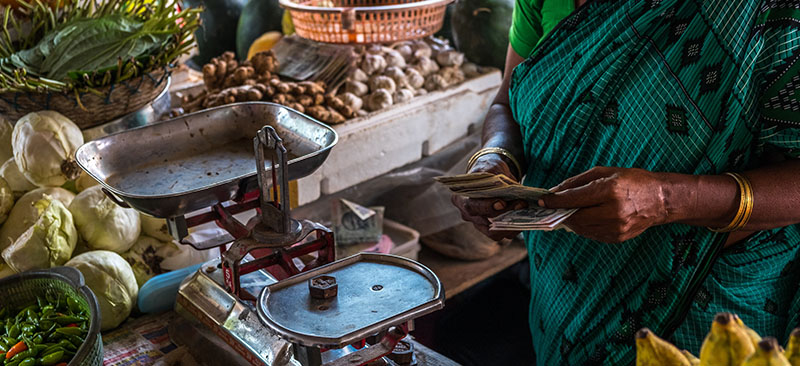Krishna, and AP more generally, are considered as among the leading areas to adopt digital technologies, including for ID and payments, and to reform public service delivery over the past decade. Most government services and subsidies are now linked to Aadhaar, India’s national biometric ID system. AP has also taken steps to minimize exclusion due to technology and has implemented real-time monitoring to improve service delivery.
Our three surveys—of households, ration shop owners, and bank correspondents—find widespread support for digital governance reforms, including the use of Aadhaar authentication to receive food rations through the public distribution system (PDS) and social pensions through the panchayat, as well as for digital land records. Technology provides an opportunity to make government more efficient and effective, improving the interface between people and the state.
However, we also find some areas for improvement. There is scope to improve authentication experience, especially for the elderly, and to strengthen the network of business correspondents to expand the reach and convenience of banking services, as well as to improve the process of on-boarding claimants for pensions and rations.





